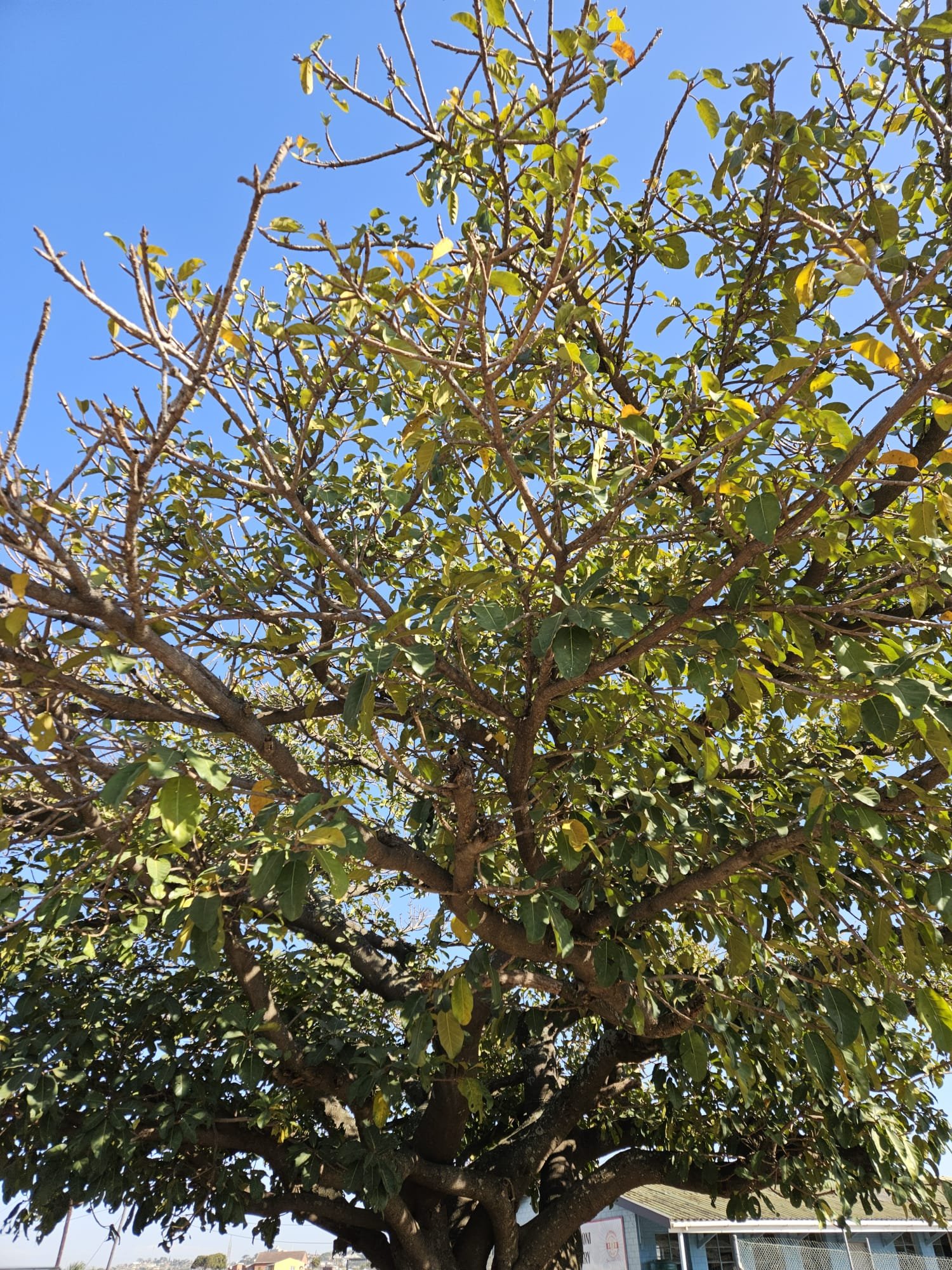Resource Library
This library contains materials gathered to support an interdisciplinary approach to thinking with communities about climate change.
As a project, Communities Collaborating for Ecological Thriving recognizes that we cannot adapt to a changing climate and world without reading, thinking and theorizing across disciplines. We also cannot counter the effects of climate catastrophe without the wisdom and knowledge of communities, including children, Elders, and plant and animal communities. Practices of gardening, nourishing and being nourished by the Earth, are place-based and specific, but as we learn from what is particular, local, and learned from generations of grounded experience, we also remember that learnings are interconnected, that knowledge has always traveled across space/time, ancestral ties, and with moving, migrating bodies (peoples, winds, waters, animals, plants, and also nonliving beings). So, in this project as we practice on-the-ground, real-time iterative research design with our participants, who are in specific eco-regions in South Africa, we also read and practice across other places, from across southern Africa to Turtle Island.
Countering climate catastrophe is a global challenge that requires myriad solutions, including from science and technology, but also from community-based and social science approaches. Climate challenges are felt most acutely by people across the global south, but the roots of planetary burning come from common causes- white supremacy, colonialism, and capitalism, planetary violences originating and couched in the Global North. Therefore, our study robustly addresses climate change needs to read across, against and alongside a number of fields, with an ethic that centers Indigenous and local knowledges, countering the coloniality of traditional climate studies.
Our project engages in three processes:
Understanding the relationship between climate change and power structures like racism, colonialism, capitalism, and patriarchy;
Centering Indigenous Local and Ecological Knowledges (ILEK) in climate change adaptation, especially Black-Indigenous knowledges in South Africa and the Global South;
Learning about the practice and ethics of community-based design (or co-design)
This resource is intended to support thinking across all three areas, offering a framework to support thinking about climate change and possibilities for Indigenous and community-based climate change adaptation. We intend this resource to continue to grow and invite you to send us your recommendations.







